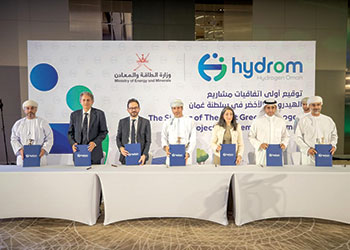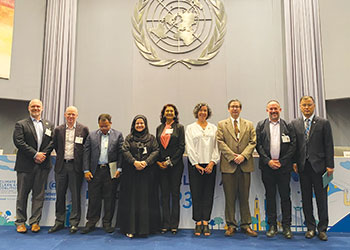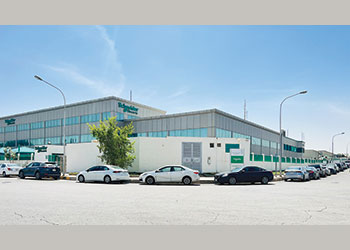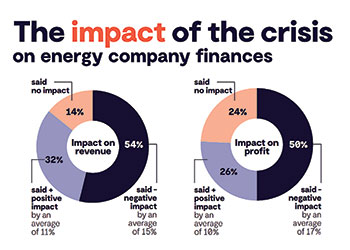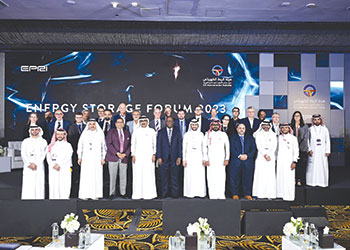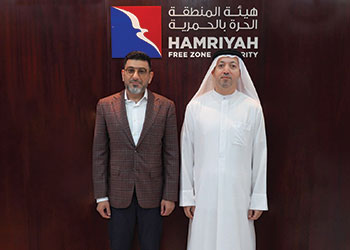
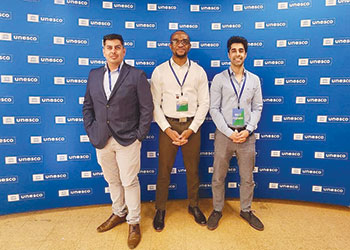 Kapsarc's influence as a knowledge-based institution grows
Kapsarc's influence as a knowledge-based institution grows
The King Abdullah Petroleum Studies and Research Center (Kapsarc) has been accorded observer status by the United Nations Environment Programme (UNEP), marking another significant milestone in its journey as a leading advisory think tank, actively participating in global dialogues pertaining to energy, climate, and the environment.
Building on its previous accreditation by the United Nations Framework Convention on Climate Change (UNFCCC), this additional accolade validates Kapsarc’s ability to deliver evidence-based reporting and policy recommendations in official, global policy discussions, particularly in addressing the critical challenges of our time.
Brian Efird, Director of Strategic Partnerships, highlighted the accreditation grants Kapsarc "the privilege of receiving unedited working documents of the United Nations Environment Assembly (UNEA) at the same time as the Committee of the Permanent Representatives (CPR). Moreover, Kapsarc gains the ability to submit written contributions, actively participate in official UNEA meetings, and make valuable oral and written contributions during these sessions".
Kapsarc has swiftly embraced its new role within UNEP, as evidenced by its active participation in the recent second session of the Intergovernmental Negotiating Committee (INC-2) held at UNESCO Headquarters in Paris, France, from May 29 to June 2, 2023. The conference focused on the development of an international treatment to combat plastic pollution.
Leveraging its expertise, Kapsarc advised stakeholders on technical challenges related to plastic pollution solutions and the formulation of a comprehensive but practical and realistic global treaty. In a statement, Kapsarc emphasised the importance of setting clear targets to reduce plastic waste pollution and its adverse effects on both human well-being and the environment.
Furthermore, Kapsarc highlighted the need to enhance the focus on data and statistics within the negotiations, underscoring the significance of evidence-based decision-making.
The centre also expressed support for the implementation of Extended Producer Responsibility (EPR) mechanisms, which should be reinforced by each country's nationally determined processes and targets.
The statement further clarified a common misconception surrounding plastic, highlighting that the focus should be on addressing plastic leakage into the environment rather than a complete ban on plastic itself. Kapsarc stressed the need for effective plastic pollution management to mitigate its impact on ecosystems.
Kapsarc also articulated the value of the implementation of a circular plastic economy, encompassing reduction, reuse, recycling, and removal strategies. The centre expressed support for any technology that can contribute to the achievement of these objectives.
Kapsarc’s UNEP observer status accreditation falls in line with Saudi Arabia's commitment to addressing plastic pollution through the Saudi Green Initiative (SGI), which focuses on removing plastic from oceans, promoting the development of innovative waste management systems, and diverting waste from landfill sites.






































































